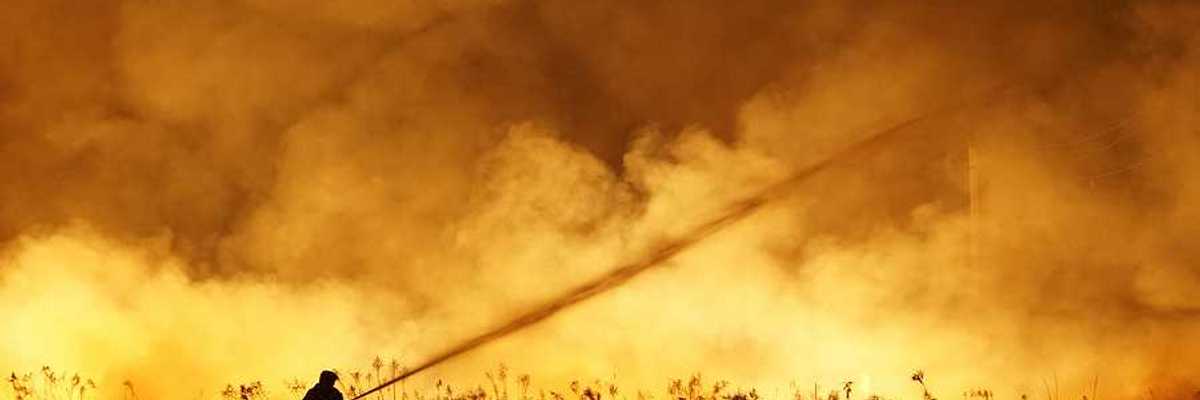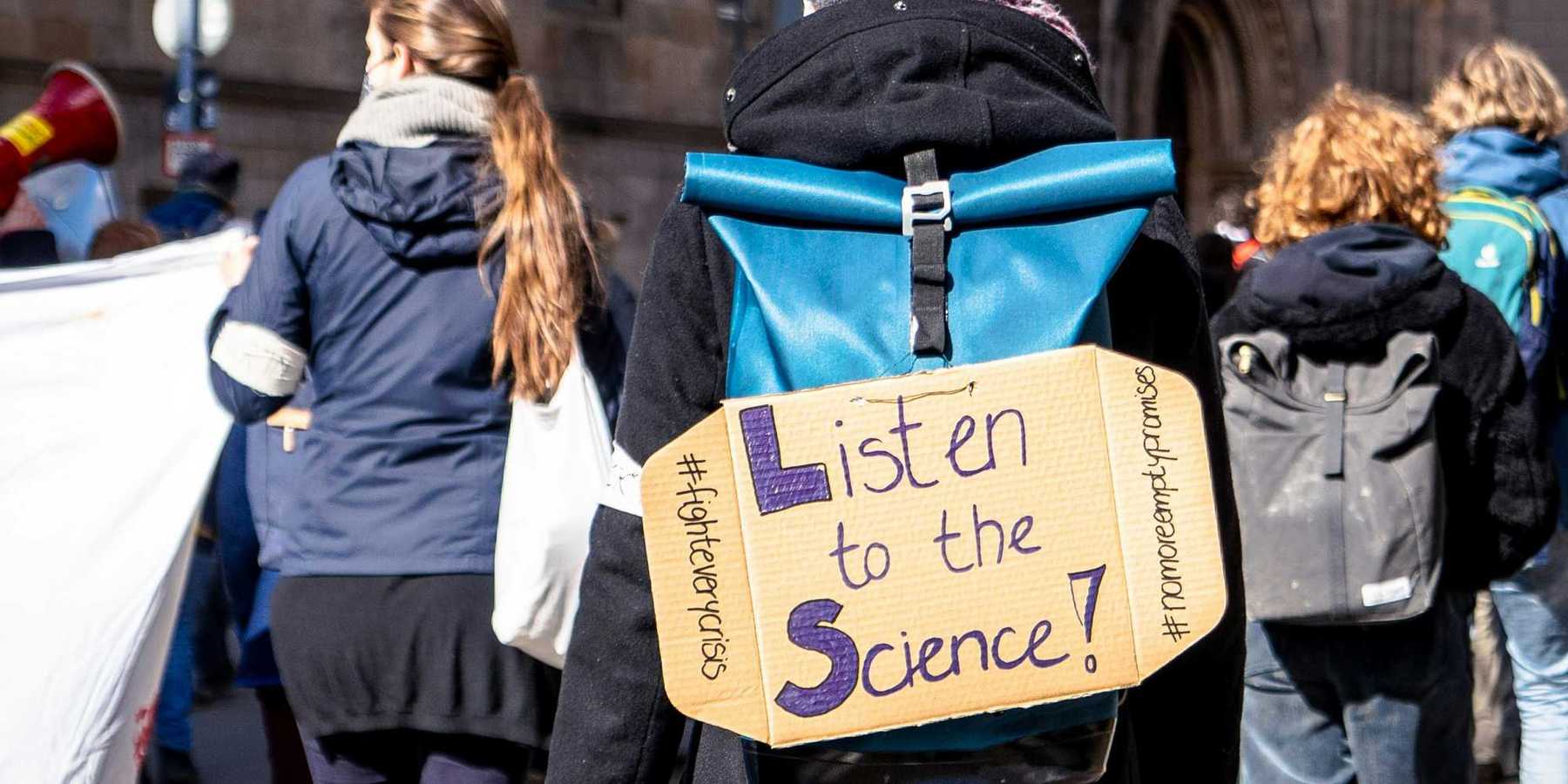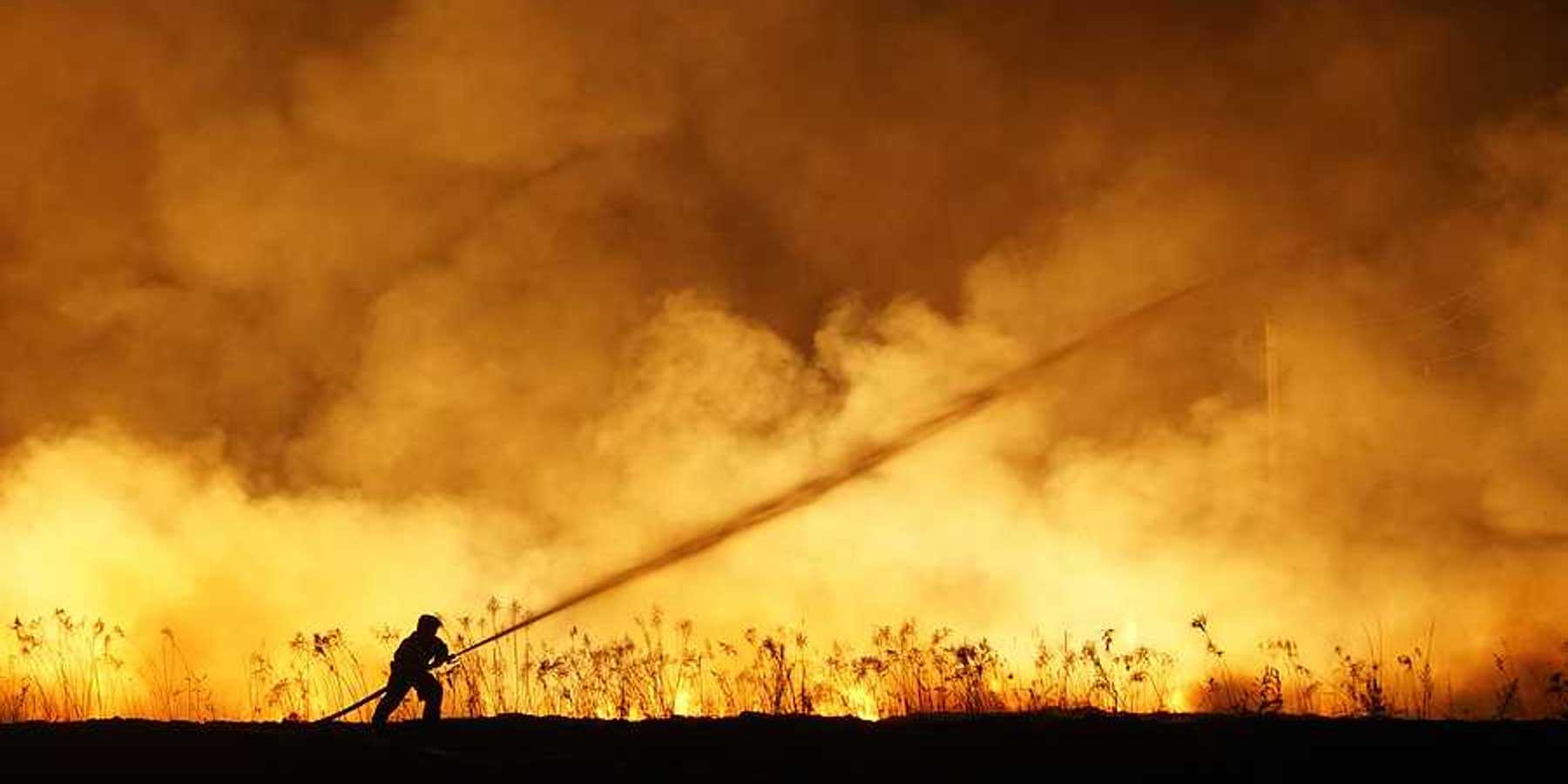particulate pollution
London's low-emission zone got kids out of cars and onto their feet
A year after London's clean air zone was enforced, 40% of children began walking or biking to school instead of being driven, according to new research.
In short:
- A study found that 40% of kids in London's ultra-low emissions zone switched from car rides to walking or biking within a year of the policy's start.
- In contrast, only 20% of children in the control group city, Luton, made the same switch, with an equal number starting to drive.
- Researchers say this shift could combat childhood obesity and improve both mental and physical health.
Key quote:
"Physical activity in general is vital for preventing obesity... and has benefits for children’s physical development and mental health.”
— Christina Xiao, epidemiologist at Cambridge University
Why this matters:
Research shows that penalizing driving—rather than just building bike lanes or walking paths—is often more effective at getting people out of their cars. And whether it's through incentives or penalties, the takeaway is clear: what’s good for the planet is often what’s best for the kids too. Read more: Another road is possible.
Wildfire smoke can disrupt anesthesia and surgery outcomes
Researchers warn that wildfire smoke, filled with harmful pollutants, may interfere with anesthesia and worsen surgical outcomes, especially for children and sensitive groups.
In short:
- Wildfire smoke contains fine particles and chemicals that cause inflammation and reduce antioxidant levels, impacting health.
- Exposure can exacerbate cardiovascular issues and damage organs, complicating perioperative outcomes for patients.
- Children with prior respiratory issues are significantly more affected by poor air quality during surgeries.
Key quote:
“Wildfire smoke poses significant health risks, particularly in people with pre-existing heart and lung disease, obese patients, infants and young children and other vulnerable groups.”
— Vijay Krishnamoorthy, chief of Duke University School of Medicine’s Critical Care Medicine Division.
Why this matters:
This study adds another layer of worry as wildfire seasons grow longer and more intense, raising health risks far beyond the obvious respiratory issues. Read more: Carlos Gould on wildfire smoke and our health.
Air pollution kills nearly 2,000 children daily worldwide: Study
A recent study reveals that air pollution is now the second leading cause of death among children under five globally, overtaking poor sanitation and lack of clean water.
In short:
- More than 8 million deaths in 2021 were due to air pollution, with children and low-income countries hit hardest.
- PM2.5 particles, primarily responsible for air pollution deaths, are linked to lung disease, heart disease, and other serious health issues.
- Climate change exacerbates air pollution, with higher temperatures and wildfires increasing particulate matter in the air.
Key quote:
"Our inaction is having profound effects on the next generation, with lifelong health and wellbeing impacts."
— Kitty van der Heijden, deputy executive director of Unicef
Why this matters:
Addressing air pollution is crucial for improving global health outcomes, particularly for vulnerable children in low-income countries. Addressing this issue can dramatically improve health outcomes and combat climate change. Read more: Breathless: Pittsburgh's asthma epidemic and the fight to stop it.
Pollution from China's smog cleanup leads to unexpected ocean warming
Recent research reveals that China's air pollution cleanups have inadvertently contributed to extreme heat waves in the Pacific Ocean.
In short:
- The reduction of smog particles in China, while beneficial for public health, has contributed to extreme ocean warming events known as "The Blob."
- Aerosol emissions, which shield the planet from solar radiation, are declining globally, leading to unexpected climate impacts, including more intense regional heatwaves.
- The cleanup of air pollution in China has altered atmospheric patterns, intensifying warming in the Pacific and potentially leading to larger climatic disruptions.
Key quote:
“Without the cooling effect of the aerosols, the world would already have reached the 1.5- degree temperature threshold of ‘dangerous’ climate change as set out by the Paris agreement.”
— Johannes Quaas, meteorologist at the University of Leipzig and former IPCC lead author
Why this matters:
This finding highlights a complex trade-off in environmental policy: while cleaning up air pollution improves health outcomes, it can also accelerate global warming and exacerbate extreme weather events. Read more: A new monitor could revolutionize the way air pollution is regulated.
Politicians in Belgium urged to strengthen low emission zones
The Mutualités Libres insurance group and other experts advocate for enhanced clean air measures to counteract the dangers of air pollution.
In short:
- Mutualités Libres, a Belgian insurer, studied the impact of low emission zones (LEZs) on air pollution in Antwerp, Brussels, and Ghent.
- The research revealed that residents inside the LEZs experienced quicker improvements in air quality, particularly in reducing nitrogen dioxide, soot, and particle pollution.
- Despite progress, the insurer stresses the need for continued action, calling for expanded measures to protect public health and ensure cleaner air in cities.
Key quote:
"Policymakers should support and embrace initiatives like LEZs to improve air quality in cities. This is not the time to press a 'pause button' or turn back the clock."
— Dr. Luk Bruyneel, Mutualités Libres
Why this matters:
Cleaner air has tangible health benefits, and by enhancing LEZs and other initiatives, policymakers can significantly reduce the risk of heart and lung illnesses and promote healthier, more livable urban environments. Read more: Tiny particles of air pollution appear more deadly if from human-made sources.
Canada’s tar sands are a much larger source of air pollution than previously thought, study says
The health cost of burning wood to warm homes
Experts say wood-burning is not cheaper or truly renewable and constitutes a major health risk.









